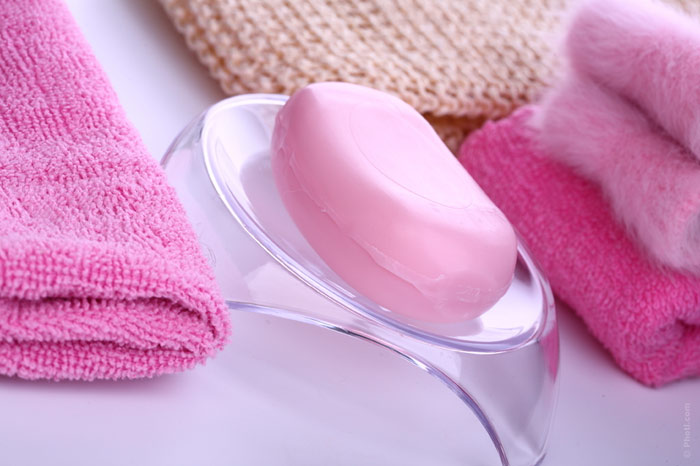
What ideas about washing hands do scientists refute, and which of them do they recommend following religiously?
Antibacterial soap is more effective than plain soap
If to believe advertisements, antibacterial soap destroys thousands of thousands of germs and keeps your hands almost sterile for 24 hours.
According to the representative of the Natural Resources Defense Council, Dr. Sarah Janssen, FDA has finally expressed their concerns about antibacterial chemicals, such as triclosan. The public has the right to know that the so-called antibacterial products are no more effective in preventing infections than washing hands with plain soap and water and that in the long term they can even be dangerous.
Besides, products with triclosan may cause harm to health: when mixing with chlorinated tap water, it forms one of the strongest carcinogens – chloroform gas.
Conclusion: it is a myth
It is better to wash hands with warm water

According to a study conducted at Vanderbilt University, 70% of the respondents prefer to wash their hands with warm water. In their opinion, it destroys more bacteria than cool or cold water.
However, researchers do not have any evidence to prove this opinion. In fact, only boiling water can kill pathogenic bacteria (as well as burn the hands severely). No difference between warm and cold water was observed.
Conclusion: it is a myth
You cannot touch anything in a public toilet
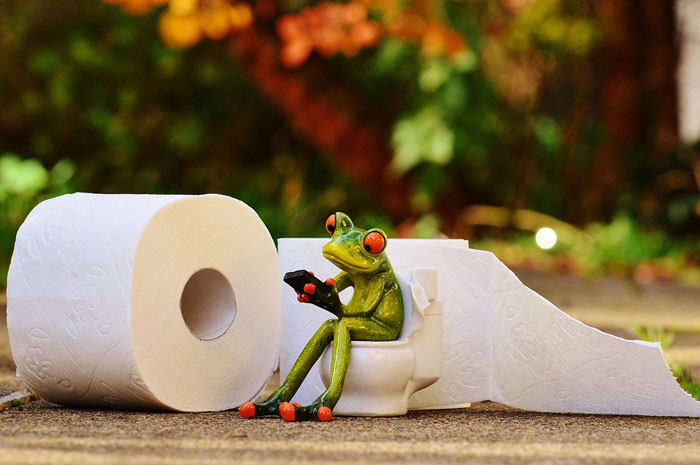
Contrary to the popular belief, the dirtiest place in a public toilet is not the toilet seat or the door handle – it’s the tap. This conclusion was drawn by Professor Chuck Gerba from Arizona State University. An automatic mixer can solve this problem, but it is a rare thing to see in many latrines.
People with a flexible body prefer to open the tap with an elbow. The bacteria will at least settle on the elbow rather than on the palms. We touch the face about 16 times per hour, so it is easy to get an influenza virus or SARS on the mucosa. However, it is much more convenient to use paper towels, the professor suggests.
Conclusion: 50/50
Hand sanitizers kill germs more effectively than soap
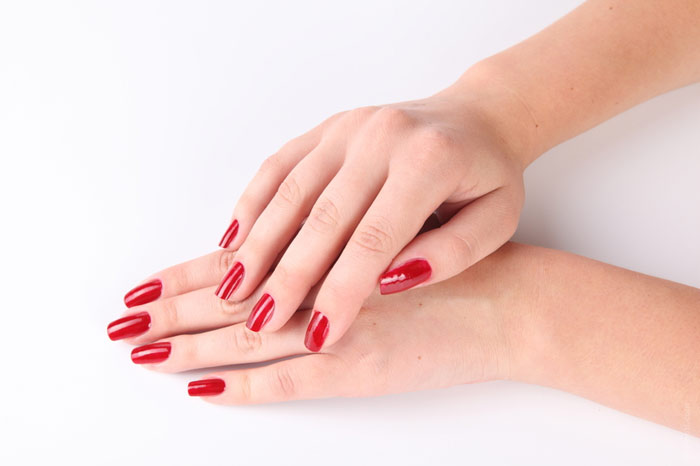
The efficiency of sanitizers depends on many factors: the type of alcohol used, its concentration, amount, contact time, and whether your hands were wet or dry at the moment of using the sanitizer. The use of small amounts of alcohol antiseptic (0.2-0.5 ml) is comparable in efficiency to plain hand washing.
Conclusion: 50/50
Frequent hand washing causes skin problems

It is not a coincidence that professional antiseptics contain various emollients. They make your hands soft and velvety, like after using a good cream. Manufacturers do their best to protect the doctors’ skin.
Frequent hand disinfection, combined with the use of gloves, can cause contact dermatitis. Even though antiseptics, which lie on the supermarket shelves, are less complicated in their composition than medical ones, their continued use is not desirable. It is not recommended to apply sanitizers immediately after washing hands. In this case, strong disinfectants penetrate deeper into the skin and provoke irritation and dryness.
Conclusion: it’s true
Latex gloves replace hand washing
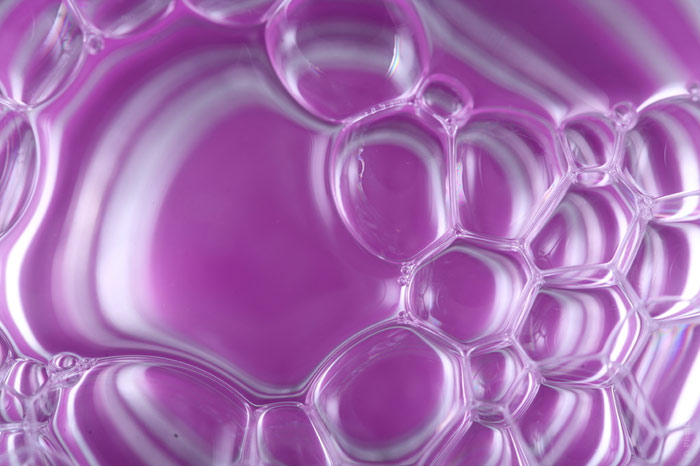
Gloves do not substitute for washing hands. Moreover, you should wash your hands well and dry them before using latex gloves. The point is that bacteria grow in numbers more rapidly in a moist environment (gloved hands perspire faster).
Conclusion: it is a myth
Hand dryers spread bacteria
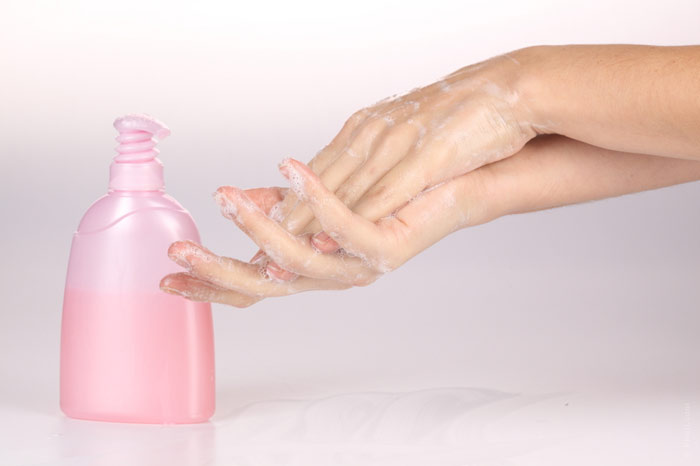
Since sensor hand dryers are often located in toilet rooms, their surface may be contaminated with dangerous bacteria. Together with the air flow, they can potentially get to your hands. Scientists do not give clear answers about how high this probability is. In any case, it is advised to use paper towels.
Conclusion: 50/50
Experts are unanimous in the need to wash hands thoroughly. Unfortunately, most people do not possess any basic skills. Try to recall how many seconds you need to apply soap on your palms. The recommended minimum is at least 15 seconds. However, it is better to do this for 30 seconds. Do not forget about each finger and the space between them. Unlike advertising stunts, this simple technique can actually protect you against dangerous viruses and bacteria.






